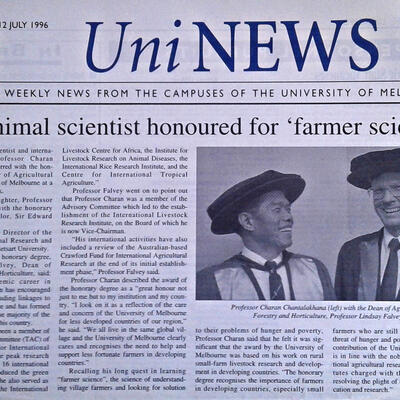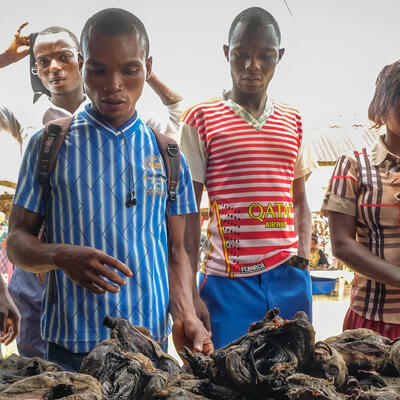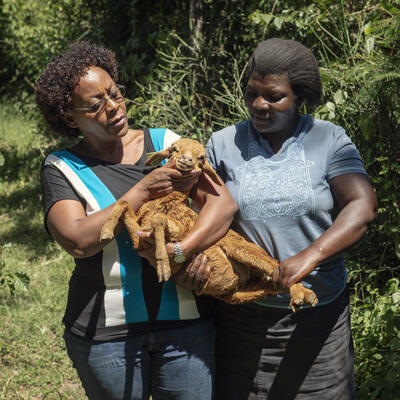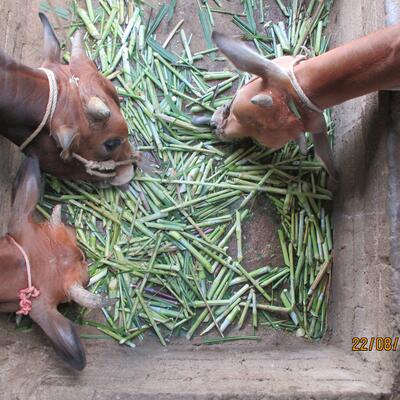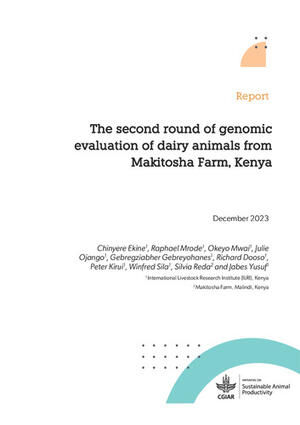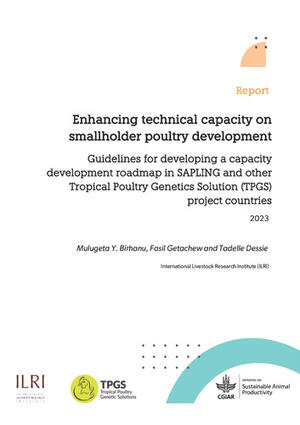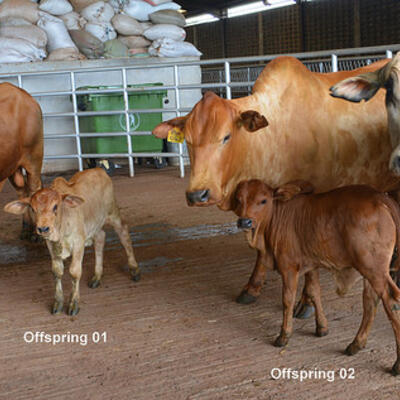
Designing community-based breeding strategies for indigenous sheep breeds of smallholders in Ethiopia
Genetic improvement of livestock breeds in developing countries remains a challenge. Within breed selection programs based on proven approaches from the developed world and importation of exotic breeds for breed replacement and/or crossbreeding have generally failed, suggesting a need for new, more suitable methods for the developing world. There is consensus that new thinking, involving local communities and institutions, is needed in the design of breeding strategies and implementation of resulting programs. This project will develop and test community-based breeding strategies for resource poor sheep owners in the highlands of Ethiopia.
The project will be implemented by four national research centres and will have the following features:
Objectives/Goals
Improved productivity and income of small-scale resource poor sheep producers in Ethiopia by providing access to improved animals that respond to improved feeding and management, facilitating the targeting of specific market opportunities.
Project location
Ethiopia
Expected outputs
- Breeding goals defined in a participatory manner by farmers and at least one breeding program established per breed
- A methodological framework for the development of community based breeding programs for smallholder producers, including institutional arrangements
- Impact assessment of the breeding system at individual, flock, community and national level
- Assessment on a national basis, of the characteristics of the breeds managed by breeding programs
- Better understanding of the constraints to market access by sheep keepers





